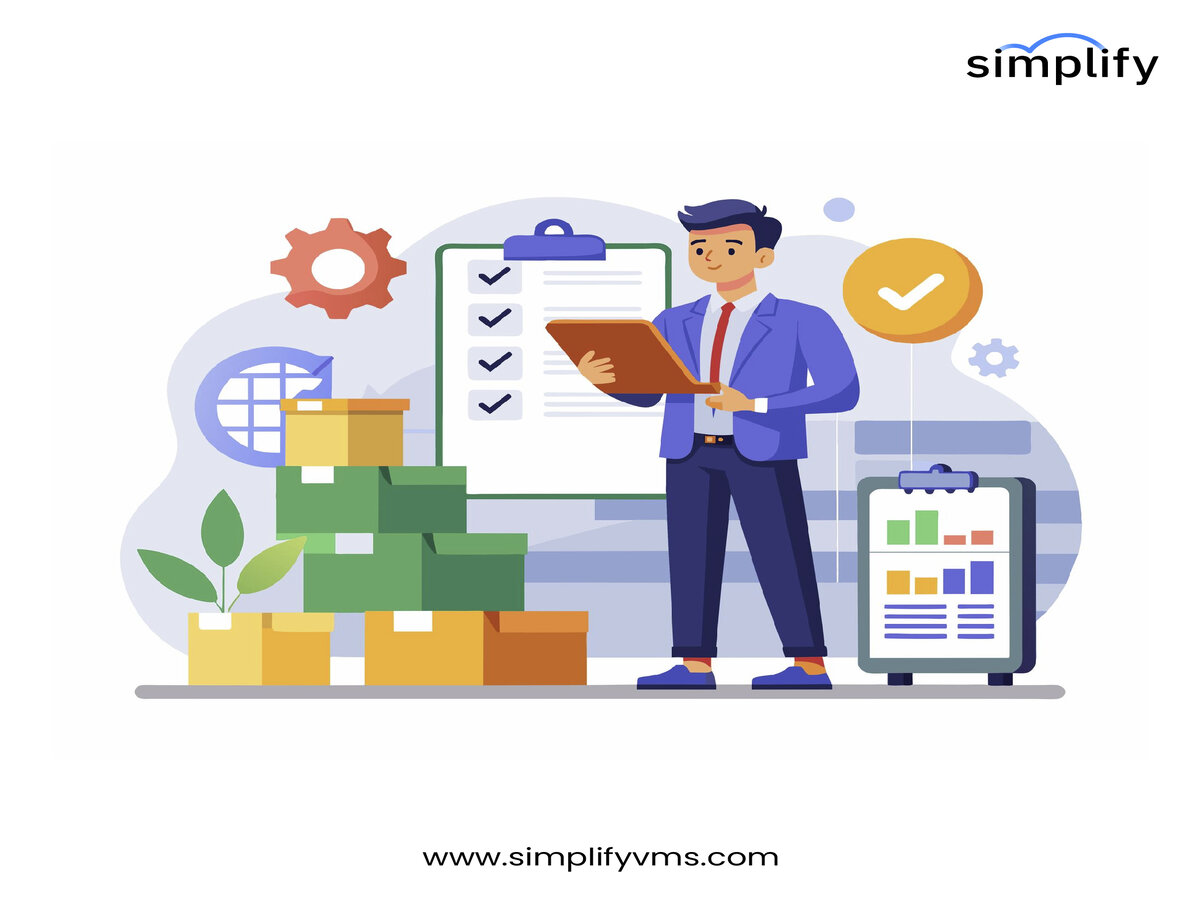
In today’s fast-paced business environment, companies face a multitude of challenges when it comes to sourcing talent and managing vendor relationships. As organizations increasingly adopt direct sourcing strategies for recruitment, the need for effective Vendor Management System (VMS) platforms has become paramount. A VMS platform not only streamlines vendor interactions but also plays a crucial role in vendor risk management—ensuring that organizations can mitigate risks while optimizing their talent acquisition processes.
Understanding VMS Platforms
A VMS platform is a software solution that facilitates the procurement and management of contingent labor and services. It acts as a centralized hub where businesses can manage their vendor relationships, track contractor performance, and streamline the hiring process. The adoption of a VMS platform is particularly beneficial for organizations that rely heavily on temporary staff, freelancers, and other contingent workers.
The Importance of Vendor Risk Management
Vendor risk management is the process of identifying, assessing, and mitigating risks associated with third-party vendors. In the context of recruitment, this includes evaluating potential staffing agencies, freelance platforms, and other sources of contingent labor. The goal is to ensure that these vendors adhere to compliance regulations, maintain high standards of service delivery, and safeguard sensitive company information.
With increasing regulatory scrutiny and the potential for reputational damage due to vendor mismanagement, a robust vendor risk management strategy is no longer optional; it’s a necessity. A well-implemented VMS platform plays a pivotal role in facilitating this strategy.
The Intersection of VMS Platforms and Direct Sourcing Recruitment
Direct sourcing recruitment refers to the process of sourcing candidates directly, rather than relying on staffing agencies or other third parties. This approach has gained popularity as organizations seek to build talent pools, reduce recruitment costs, and enhance the quality of hires. However, direct sourcing also brings its own set of challenges, particularly when it comes to managing vendor relationships and ensuring compliance.
Here’s where a VMS platform shines. By providing a structured framework for managing vendor interactions, it allows organizations to effectively source and vet candidates while maintaining oversight of the associated risks.
Streamlining Candidate Sourcing
One of the primary benefits of a VMS platform is its ability to streamline the candidate sourcing process. Organizations can easily access a variety of vendors and recruitment channels, enabling them to tap into a broader talent pool. This flexibility is essential in a direct sourcing model, where speed and efficiency are key.
A VMS platform can automate many aspects of the recruitment process, from job posting to candidate selection. This automation not only saves time but also minimizes the risk of human error—ensuring that the best candidates are identified and hired.
Enhancing Vendor Evaluation
Effective vendor risk management begins with thorough vendor evaluation. A VMS platform provides the tools necessary to assess vendor performance, compliance, and financial stability. By establishing key performance indicators (KPIs) and conducting regular audits, organizations can gain valuable insights into their vendors’ capabilities and risks.
For direct sourcing recruitment, this means organizations can be more selective about the vendors they choose to work with. A VMS platform allows for the documentation and analysis of vendor performance metrics, ensuring that only the most reliable partners are engaged in the recruitment process.
Ensuring Compliance and Mitigating Risks
Compliance is a critical component of vendor risk management, particularly in recruitment where regulatory requirements can be complex. A VMS platform can help organizations maintain compliance by automating the collection and verification of vendor documentation. This includes insurance certificates, tax compliance, and background checks.
Furthermore, VMS platforms often feature built-in compliance tracking tools that help organizations stay updated on changing regulations. By maintaining a comprehensive database of vendor information, organizations can quickly identify any compliance gaps and take corrective action.
Facilitating Better Communication and Collaboration
Effective communication between organizations and their vendors is essential for successful recruitment. A VMS platform facilitates better collaboration by providing a centralized communication channel. This ensures that all stakeholders are on the same page regarding candidate expectations, timelines, and deliverables.
In a direct sourcing model, where organizations may be working with multiple vendors simultaneously, clear communication is vital. A VMS platform allows for real-time updates and notifications, enabling teams to quickly address any issues that may arise during the recruitment process.
The Future of VMS Platforms in Vendor Risk Management
As businesses continue to evolve, so too will the role of VMS platforms in vendor risk management and direct sourcing recruitment. The integration of advanced technologies, such as artificial intelligence (AI) and machine learning, is likely to enhance the capabilities of VMS platforms even further.
These technologies can help organizations analyze vast amounts of data to predict vendor performance and identify potential risks. Moreover, AI-powered tools can assist in candidate sourcing by matching candidates to job openings based on their skills and experience, further streamlining the recruitment process.
Conclusion
In an increasingly competitive business landscape, organizations must prioritize effective vendor risk management while adopting direct sourcing recruitment strategies. A VMS platform serves as a powerful ally in achieving these goals. By streamlining candidate sourcing, enhancing vendor evaluation, ensuring compliance, and facilitating better communication, VMS platforms enable organizations to mitigate risks and optimize their recruitment processes.
As we look to the future, the evolution of VMS platforms will undoubtedly continue to shape the way organizations manage their vendor relationships and source talent. Embracing these technologies not only helps mitigate risks but also positions organizations for success in their recruitment endeavors.
By investing in a robust VMS platform, companies can build a more resilient and efficient recruitment process—ultimately driving growth and innovation in an ever-changing market.
Top 7 Strategies for Effective IT Procurement Services Negotiation







